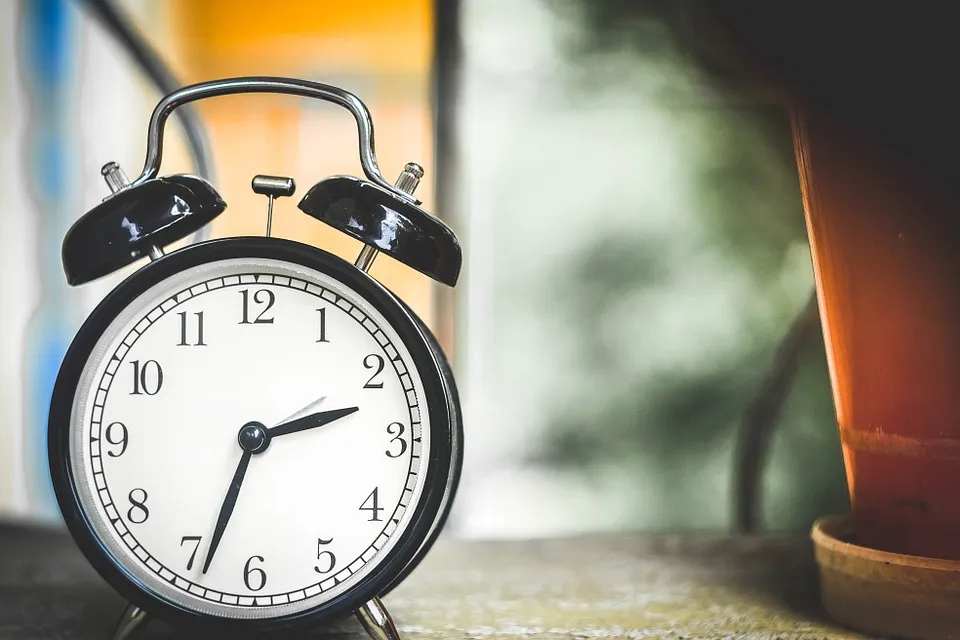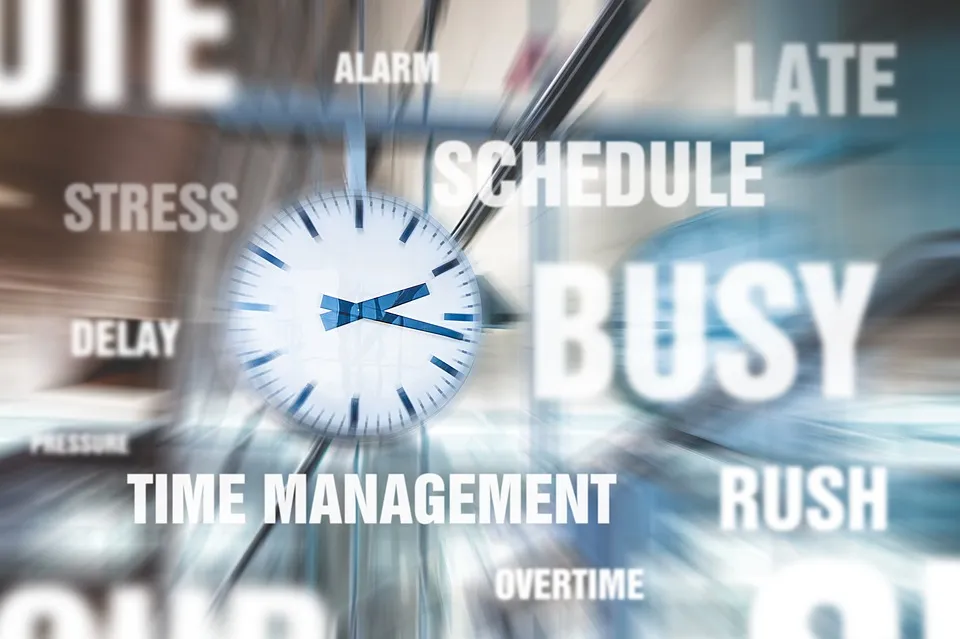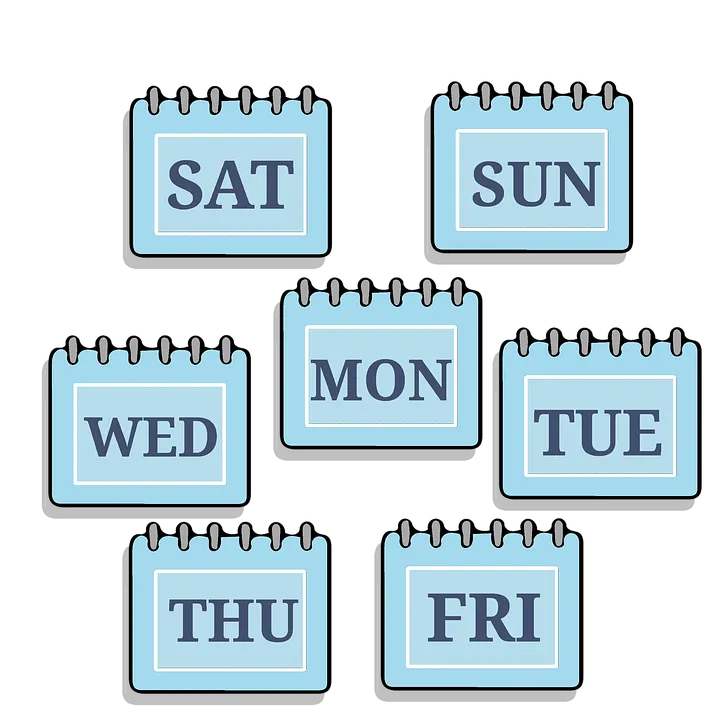How many times have you heard someone say they're going to 'make' time for something?

Don't they know that's technically impossible?!
Last I checked, I'm not father time himself, shifting the cosmic schedule to fit with my personal needs. If someone asked me what my superpower would be, I'm pretty sure I'd pick 'time making'.
I'd have all the time in the world to workout, research upcoming coins, meditate, write my novel, travel, and rest and relax all within a day.
Obviously, we know there are only 24 hours in a day to fit in everything we want to do in our life. And yet, some people seem to do exponentially more in the same time frame as the average person.
The truth is, they're just really good at scheduling your time.

If you don't intentionally schedule your time, it usually passes by in an instant. In our age of endless media and distraction, we can waste a day much easier than at any other point in human history.
Our amusement-centered culture doesn't leave much time for productive activities, which only further stresses the importance of intentionally scheduling your time.
Serial procrastination is something that I've struggled with for a large part of my life, and I am now committed to solving this personal conundrum. So much so that this is my second such piece in the span of a week.
A huge part of this has been the realization that the only way to get anything done is to schedule an activity in service of the goal, and then actually honor the commitment. Low and behold, things become much more realistic and attainable when you dedicate even the smallest fraction of your time towards it.
Strategically schedule out your week for improved results.

There are 168 hours in a week. Assuming we are sleeping 8 hours per night, that leaves 112 hours. If we have a full-time job that requires 30 minutes of commuting each day, that leaves 69.5 hours of free time in a week.
Personally, I need at least 30 minutes in order to achieve any level of productivity with a given activity, giving us about 139 blocks of free time per week from which to work with.
Some activities will require more or less than a single 30 minute period, but the point is to see how many time-frames we have to work with each week as a way to take advantage of what's there.
Within our 139 blocks, we have to account for meals, bathroom time, and random errands and household tasks, so we'll allot 5 hours each week for each activity. After all necessities are accounted for, we are still left with 109 time blocks.
When we say we don't have the time for something, it's because we aren't accounting for our daily intervals.

Not having the time for something is almost always the result of poor scheduling and accounting. This can be fixed with a degree of dilligence and organizational methods that show you how much time you actually have.
Notice when you are doing something without conscious intention, such as mindlessly scrolling on social media or jumping around youtube without a regard for your time. You'll soon realize most of your day is lost due to your lack of intention around your time.
Time can only slip away when our mind detaches from what we are doing. Our culture has fostered a sense of passive viewership that negatively affects our personal sovereignty. If you don't decide what you want your day to look like, you can be sure someone else will decide for you.
"If you don't build your dream someone will hire you to help build theirs." - Tony A. Gaskins Jr.

Applying this level of time management and organization into your personal life may seem extreme, but I find it to be an incredibly useful insight into how we can better manage our life. By seeing how much time we actually do have, we can empower ourselves to fully take advantage of it.
If you start doing something 30 minutes a day for 3 days of the week, your results can speak volumes about what is possible within 'small' periods of time. Much can be accomplished with small but persistent action over long periods of time.
If you are completely focused and in a flow state, 30 minutes can be magic. Although this peak creativity and efficiency is not always achieved, the frequency with which you can enter a flow state increases with each attempt. As a result, you begin to achieve productivity far beyond what you originally thought possible.
Exponential growth begins to occur when this investment of time begins to compound upon itself. What used to take you 20 minutes now takes you 10, because you've gotten better at it through persistent action.
Before you know it, you'll be getting two to three times as much done as you used to, and you'll understand that well-scheduled time is a powerful and transformative force
All uncredited pictures from pixabay.com or my personal account
If you received value from this post, please upvote and resteem. I reward all intelligent comments with my full upvote :)
My latest Posts
- How Cryptocurrency Makes For Great Conversation Starter
- Relapse: An Important Stage on the Road to Recovery
- How to Withdraw Smart Rewards Without Losing All of Your Next Month's Reward
- Have You Made Yourself Feel Uncomfortable Today?
- In Celebration of 3 Years with Our Dog, We Took an Incredible Hike at Button Rock Preserve in Colorado Yesterday